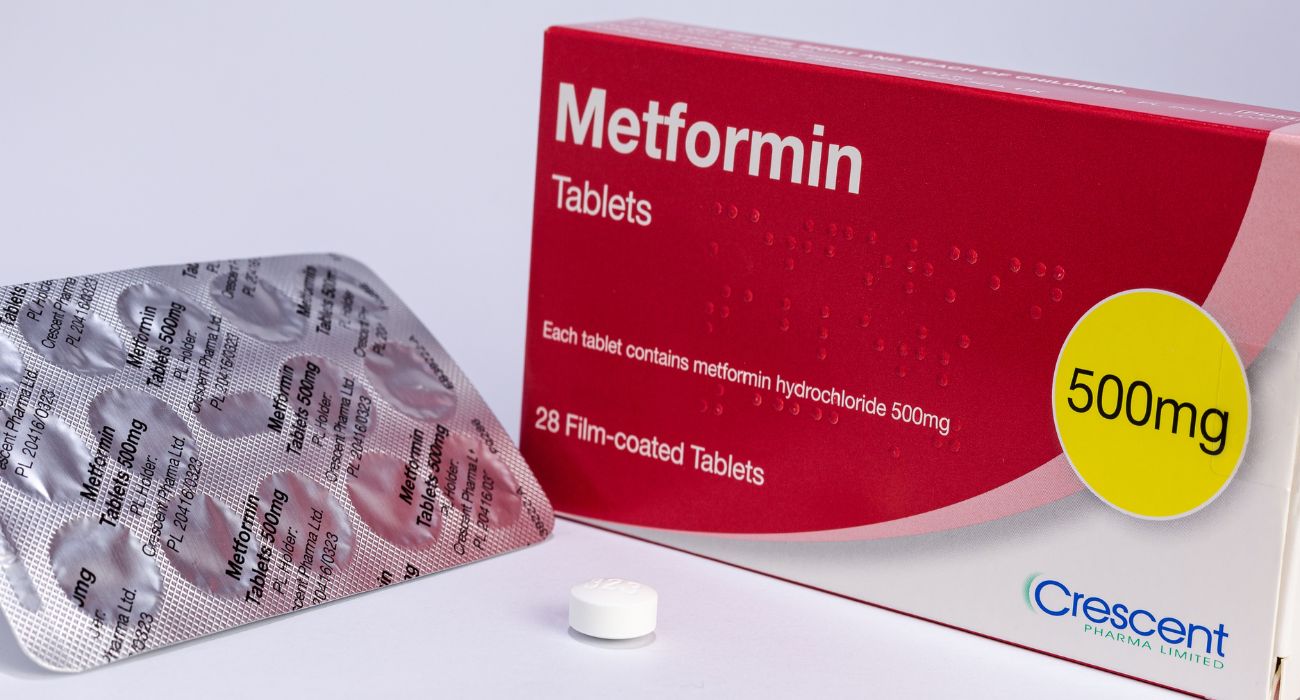A recent study found that a common diabetes drug might provide a new way to treat gum disease and prevent a host of other negative health outcomes.
Research from King’s College London took a closer look at the medication known as metformin, which is normally taken by patients with type 2 diabetes to manage blood sugar levels.
Building on previous studies focused on the anti-inflammatory properties of metformin, a research team led by Dr. Vitor Neves, a specialist in regenerative dentistry, looked at how the medication could be repurposed for non-diabetics to treat gum or periodontal disease. The findings were published in October in the Journal of Translational Medicine.
The first part of the study focused on how the ingestion of metformin impacted periodontal disease and age-related bone loss among mice.
“What surprised me about metformin was being able to make my aging animals healthier and [prevent] 50% of bone loss,” Neves told Medical News Today. “When I analyzed that data, it was the [first] time I felt, ‘Wow, there is really something here.’”
Next, the study turned to human clinical trials, examining the impact of metformin on 20 non-diabetic subjects who all had gum disease. Similar results were produced.
“[M]y clinical data also points to the potential use of metformin to improve the overall health of gum disease patients, due to seeing the stabilization of glucose levels, improvement of insulin sensitivity, and control of inflammation,” Neves said.
Gum disease is a very common infection of the tissues that hold teeth in place inside the mouth.
Around 40% of all U.S. adults have gum disease, especially those over 30, according to the National Institute of Dental and Craniofacial Research. Advanced stages of gum disease can also cause an inflammatory response throughout the body and increase one’s risk of diabetes, heart disease, and cancer.
According to Neves, the repurposed use of metformin has the potential to help older adults age better and avoid life-threatening diseases.
“All these markers, [stabilized glucose, improved insulin, controlled inflammation], are directly correlated with improvement of aging according to aging research. Therefore, it seems that preventing systemic diseases from the mouth is a good pathway to prevent overall systemic diseases,” he said.
This is not the first time that the off-label use of a medication developed for managing type 2 diabetes has allegedly yielded broader benefits.
For instance, a class of medications known as glucagon-like peptide-1 (GLP-1) was found to help overweight and obese individuals lose weight because of the drugs’ appetite-suppressing effects. This led to a surge in off-label use of such drugs, as The Dallas Express previously reported.
Given that obesity is a significant public health issue affecting people across the country — including Texas, where 40 counties have an obesity rate of higher than 40%, according to data from the CDC, pharmaceutical companies are now scrambling to develop similar medications.
Novo Nordisk — the current dominant player in the weight-loss drug field — saw sales of its drugs Wegovy, Ozempic, and Rybelsus soar 26% year over year for a profit of $25.6 billion in 2022, as previously covered by The Dallas Express.
Still, in response to the study out of Kings College London, Dr. Purnima Kumar, a spokesperson for the American Dental Association, noted that while the results are promising, more research is needed before the off-label use of metformin is endorsed.
In the meantime, she urged people to maintain their oral health by brushing their teeth at least twice daily, flossing daily, and going to the dentist regularly.






